The Overlooked Role of Cultural Competency in Process Serving
Process Servers and Cultural Knowledge

The Critical Role of Cultural Competence in Process Serving
In the world of process serving, where professionals are responsible for delivering legal documents like subpoenas and summonses, cultural competence is far more than a supplementary skill—it’s a vital component of effective service, especially in diverse regions like the greater Seattle area. Process servers often interact with individuals from diverse cultural backgrounds, and understanding these intricacies can make the difference between successful and unsuccessful service. This blog post will explore why cultural competence is crucial and how matching cultural observations with name origins can provide valuable clues about the current residency of individuals.
The Importance of Language Proficiency
Language barriers can significantly impact the process serving experience. In multilingual communities, being able to communicate in the language of the person being served or using reliable translation services can facilitate smoother interactions. Miscommunication due to language differences can result in delays, misunderstandings, or even legal disputes about whether proper service was made. Proficiency in multiple languages or access to competent interpreters is a key asset for process servers.
The Significance of Name Origins
Understanding the origins and conventions of names from various cultures can also play a crucial role in process serving. Different cultures have unique naming systems that can affect how names are used and understood. For example, many Hispanic individuals use both paternal and maternal surnames, while Asian naming conventions might place the family name before the given name. In the Arabic culture, the father's first name can serve as the person's last name. Knowledge of these conventions helps ensure accurate identification and prevents errors in serving documents. This awareness allows the process server to ask further questions, clarifying who the recipient is and who the documents are intended for.
Matching Cultural Observations with Name Origins
One of the more nuanced aspects of cultural competence in process serving involves observing cultural signs around a person’s home and matching them with the name origins of the individual being served. This approach can provide valuable clues about whether the person or their family still resides at the address or if they have moved.
For instance, if a process server observes cultural symbols or practices outside a residence—such as specific types of religious symbols, traditional decorations, or customs like leaving shoes outside the door—these observations can offer insights into the household’s cultural background. By correlating these observations with the name origins of the person being served, a process server can make educated guesses about the likelihood of the person still living at the address. If the name origin matches the clues, and the process server doubts the response given by the person answering the door, they can use their cultural competence to further advance the conversation.
Example Scenario:
Imagine a process server is tasked with serving a legal document to an individual named “Nguyen.” This surname suggests Vietnamese origins. Upon arriving at the address, the process server notices traditional Vietnamese lanterns and other cultural decorations around the home at the time of the lunar new year celebration. These observations align with the name origin and indicate a strong cultural connection to the household.
However, if the process server notices signs that suggest the individual to be served may not align with the observed cultural markers, it could hint that the residents might have moved out or that the home is now occupied by individuals from a different cultural background. This observation can help the process server decide whether to continue their efforts at this location or investigate alternative addresses. When the current resident states the intended recipient is unknown to them, the process server can be more confident in accepting their response as the truth in this situation.
The Role of Cultural Sensitivity in Building Trust
Cultural competence extends beyond simply making accurate observations; it’s also about building trust and showing respect. Process servers who demonstrate an understanding of and sensitivity to cultural practices foster more positive interactions. This respect can lead to more cooperation and less resistance from individuals being served.
Conclusion
In summary, cultural competence is an essential skill in process serving that goes beyond basic interactions. By understanding and applying knowledge of language, name origins, and cultural observations, process servers can improve their effectiveness and efficiency. Matching cultural signs with name origins can provide valuable clues about the current residency of individuals, aiding in more accurate and respectful service. Investing in cultural competence not only facilitates better service of process but also upholds the importance of tolerance and understanding. In the experience of WA Pro Se, cooperation flows naturally between process server and resident when these elements are present.












